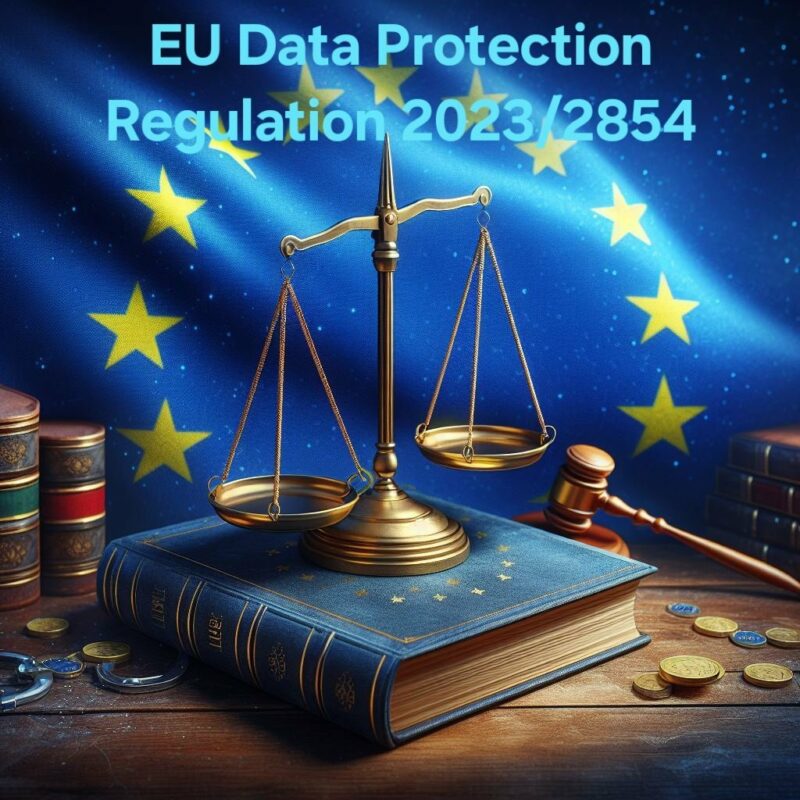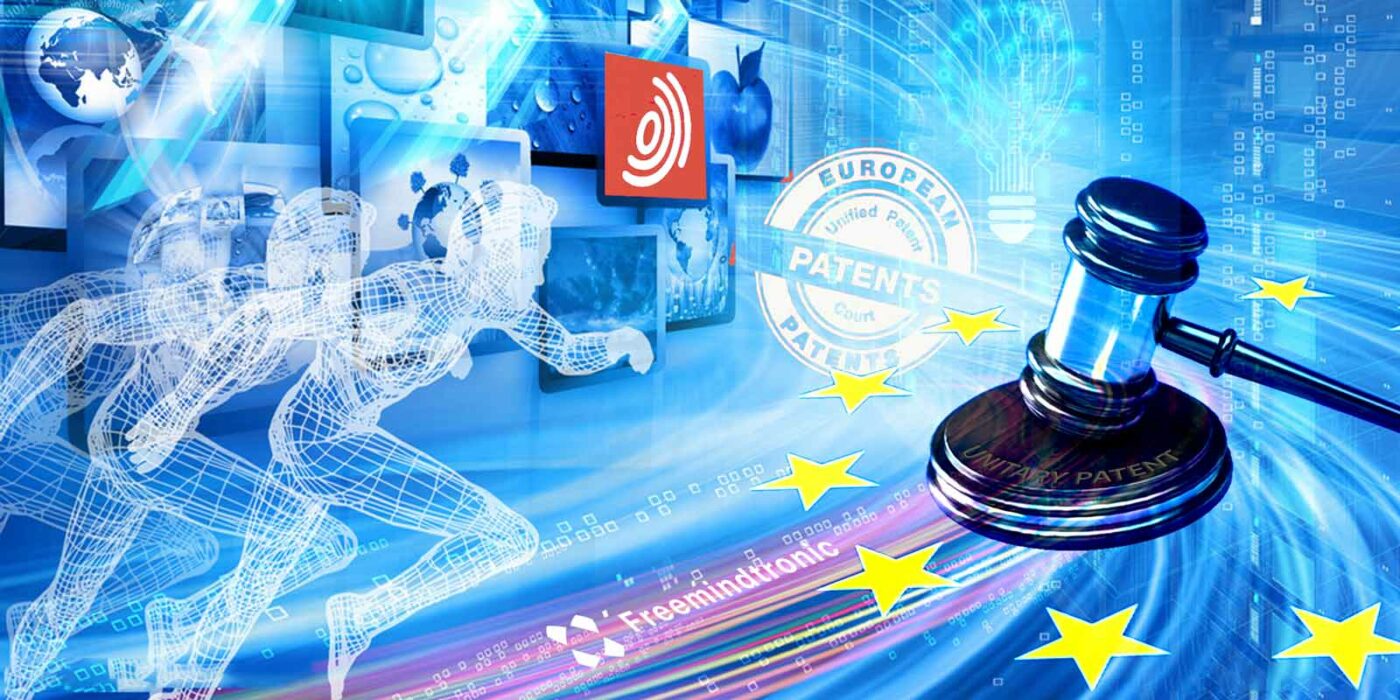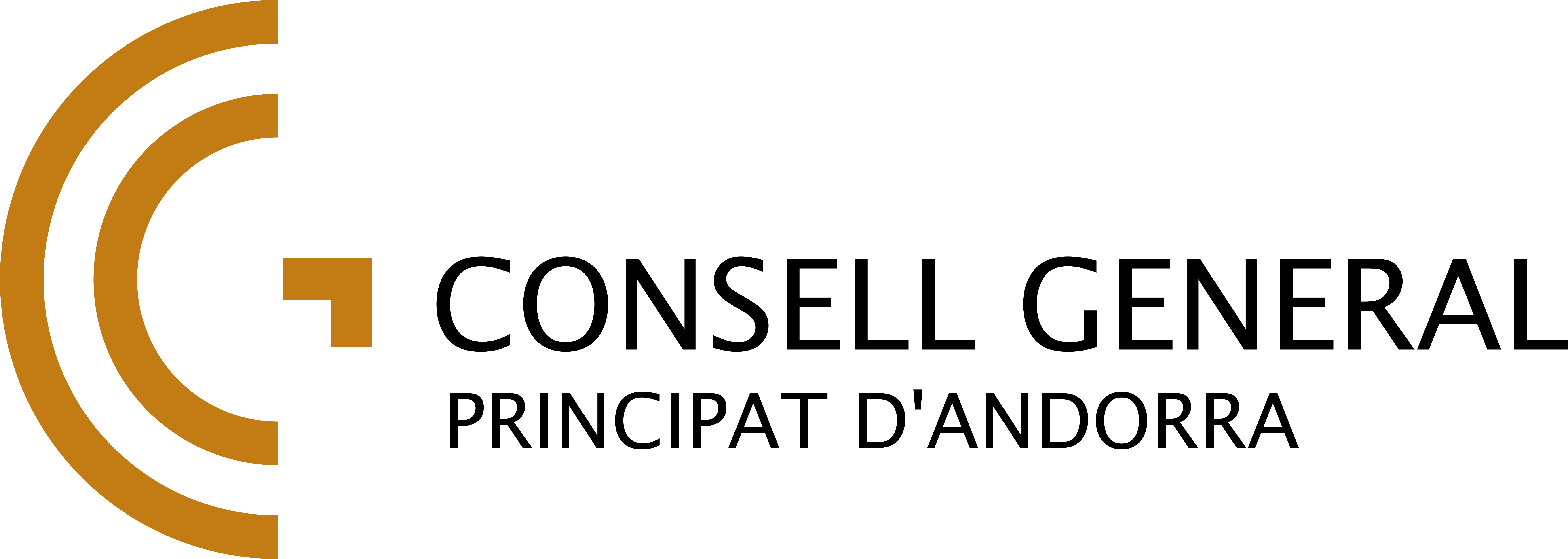2023, Cyberculture
New EU Data Protection Regulation 2023/2854: What you need to know
EU 2023/2854 Data Protection Rules: what you need to know
The EU has adopted a new regulation to protect personal data published in OJ L, 2023/2854 on 22.12.2023. How does this impact you and your business? Learn more in this article and discover why Freemindtronic innovations are already compliant.
What you need to know about the new EU data protection regulation (2023/2854)
Personal data is a valuable asset in the digital age, but also a vulnerable asset. This is why the European Union has adopted a new regulation to protect the personal data of individuals in the EU. Data
Protection Regulation (EU) 2023/2854 supplements and updates the General Data Protection Regulation (GDPR), which has been in force since 2018. The new regulation introduces additional procedural rules for the application of the GDPR, particularly in cross-border cases. It also creates the European Data Protection Authority (EDPA), a new independent body that ensures the consistent application of EU data protection rules across the EU. The new regulation will come into force on November 26, 2024. In this article, we will explain the main provisions of the new regulation, its advantages and disadvantages, its international scope and its reactions and controversies.
We will also show you how some products and technologies from Freemindtronic, an Andorran company specialized in security and cybersecurity of computer and information systems, already comply with the new regulation, since they offer innovative and ecological solutions to protect the personal data without using servers, databases, online accounts or identifiers.
The main provisions of the EU data protection law
Several measures to ensure the security, confidentiality and integrity of personal data are introduced by the EU data protection law. These measures are:
- Declaration of the activity and the processing practices. The controllers and the managers of the entities that process personal data must declare them to the national data protection authorities (NDPA) and to EDPA. The EDPA is a new independent body. It oversees the consistent application of the EU data protection rules across the EU. It also cooperates with the NDPA and the other EU institutions. The goal is to ensure the protection of personal data.
- Implementation of technical and organizational measures. The controllers and the managers of the entities that process personal data must implement them to prevent the risks of damage or loss of data. For example, these measures include the encryption of data, the pseudonymization of data, the limitation of data access, the regular testing of data security, the notification of data breaches, and the appointment of a data protection officer.
- Reinforcement of the rights of the persons concerned. They have reinforced rights, such as the right of access, the right of opposition, the right of erasure, the right to data portability and the right to restriction of processing. These rights allow the persons to obtain information about the processing of their data, to object to certain types of processing, to request the deletion of their data, to transfer their data to another entity, and to limit the processing of their data in certain cases.
- Provision of administrative sanctions. The regulation provides them. They can reach up to 20 million euros or 4% of the annual global turnover, depending on the severity of the infringement. The NDPA or the EDPA, depending on the case, impose these sanctions. The national courts or the Court of Justice of the European Union can hear the appeals.
The advantages and disadvantages of the EU data protection reform
The EU data protection reform has pros and cons for different actors involved.
The benefits for the persons whose data are processed
The regulation offers a better protection of their rights and interests. They can control more the use of their data and benefit from a high level of security. Moreover, they have an easy and fast access to the information related to the processing of their data, as well as to the remedies in case of dispute. For instance, a person can request a copy of their data from an online platform. If they find any inaccurate or outdated data, they can ask for a correction or an update. They can also withdraw their consent to the processing of their data at any time, or ask for the deletion of their data if they no longer want to use the platform.
The drawbacks for the controllers and the managers of the entities that process personal data
The regulation imposes additional obligations and stricter constraints on them. They must comply with harmonized rules within the EU, while taking into account the national and regional specificities. Furthermore, they face more severe sanctions in case of non-compliance with the regulation. For example, an entity that processes personal data of persons located in the EU must declare its activity and its processing practices to the NDPA and the EDPA.
It must also obtain the prior consent of the persons for the processing of their data, unless there is a legal basis for the processing. The entity must process the data in a lawful, fair and transparent manner, and collect them for specific, explicit and legitimate purposes. It must also respect the principles of data minimization, data accuracy, data storage limitation, data integrity and data confidentiality.
The international scope of the EU data protection rules
The EU data protection rules have an international scope, as they apply to any entity that processes personal data of persons located in the EU, whether it is established or not in the EU. The regulation therefore requires foreign entities to respect the same rules as European entities, under penalty of sanctions. It aims to ensure an equivalent level of protection for personal data transferred outside the EU.
For this purpose, the regulation establishes different mechanisms to ensure the adequacy of the data protection in the third countries or the international organizations that receive the data. These mechanisms include, for example, the adoption of adequacy decisions by the European Commission, the use of standard contractual clauses, the adherence to binding corporate rules, or the certification by approved schemes.
The reactions and controversies of the EU data protection regulation
The EU data protection regulation has provoked diverse reactions, ranging from approval to contestation.
Positive reactions
Some actors have welcomed the interest of the regulation to strengthen the trust and to foster the technological evolution in the field of data protection. They have highlighted the innovative and ambitious character of the regulation, which places the EU at the forefront of the protection of personal data. For example, the European Data Protection Supervisor (EDPS), the independent advisor of the EU institutions on data protection issues, has praised the regulation as a “historic achievement” and a “major step forward” for the protection of the fundamental rights of the individuals in the digital age.
Negative reactions
Some actors have criticized the obligation to inform the NDPA and the EDPA about the activity and the processing practices of personal data. They have considered that it could infringe their national sovereignty or that it could create a risk of illegal or fraudulent exercise by some foreign entities. They have also expressed their concern about the complexity and the heaviness of the regulation, which could hinder the competitiveness and the growth of the entities that process personal data. For example, some member states, such as France, Germany, Italy or Spain, have raised objections or reservations about certain aspects of the regulation.
These aspects include the role and the powers of the EDPA, the criteria and the procedures for the adequacy decisions, or the level and the distribution of the sanctions.
How Freemindtronic products and technologies protect personal data
Freemindtronic is an Andorran company that specializes in security and cybersecurity of computer systems and information systems. It designs and develops green technology products and services under white label, based on contactless technology (NFC). Some of its products are PassCypher, DataShielder, SeedNFC or Cardokey, which use embedded technologies such as EviCore NFC HSM, EviCore HSM OpenPGP or EviCore NFC HSM Browser Extension.
These products and technologies have several advantages for the protection of personal data, compared to traditional solutions based on servers, databases, online accounts or identifiers. Indeed, they work without server, without database, anonymously from end to end, without the need to create an account on the internet or to identify themselves to use the products. Therefore, they reduce the risks of loss or damage of data, respect the rights of the persons concerned, and comply with the harmonized rules in the EU. These products and technologies of Freemindtronic are already compliant with the European regulation on data protection, because they respect the principles of security, confidentiality and integrity of data, as well as the rights of the persons concerned. They offer an innovative and ecological alternative to traditional solutions, which may present risks or constraints for data protection.
Conclusion
The regulation (EU) 2023/2854 is an important text for the protection of personal data in the EU. It introduces measures to ensure the security, confidentiality and integrity of data, as well as to reinforce the rights of the persons concerned. It applies to any entity that processes personal data of persons located in the EU, whether it is established or not in the EU. It was adopted within the legislative process on the fundamental rights in the EU, but it also provoked reactions and controversies between some member states. It will enter into force on November 26, 2024.






